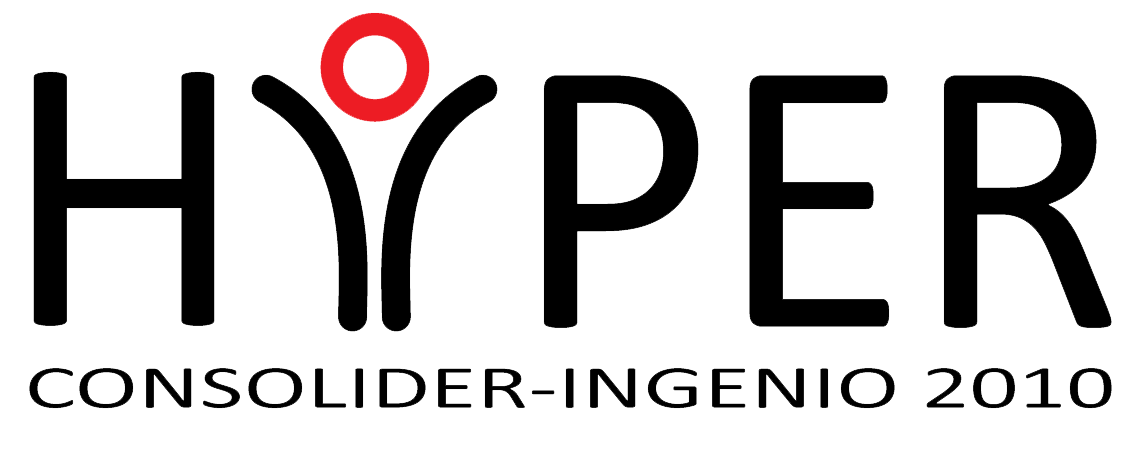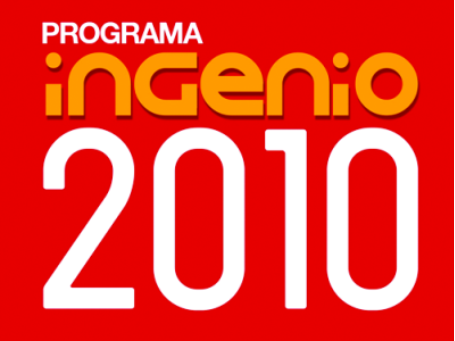WS3 - Muscle Synergies: Looking into the CNS
How does the central nervous system coordinate muscles? The experimental evidences collected in the last twenty years support the hypothesis that muscles are recruited following a simplified modular structure. According to this hypothesis, a low set of modules, called muscle synergies, account for the coordination of a high number of muscles. Recent studies demonstrated that such modular organization is maintained in healthy subject and visibly affected in neurologically impaired people. We believe that the analysis of muscles synergies in the clinical scenario has great potential for: 1) Improving the assessment of pathologic neuromuscular coordination 2) Driving neurorehabilitation strategies based on on-line estimation of muscle activity The mathematical and technological tools developed so far allow extracting muscle synergies in a rapid and reliable way. For this reason we propose a practical experience where participants can touch with hand the most recent techniques and meet some of the major experts in this field.
Organizers
Diego Torricelli Andrea D'Avella Yuri Ivanenko
Goals
Participants will: 1) Understand what muscle synergies are. 2) Learn how to extract synergies during a real experimental session. 3) Learn how to interpret the synergies and discover the clinical implications. 4) Experience how to use muscle synergies in a rehabilitation scenario.
Speakers
Please, see organizers
Number of hours
Total 9 hours: 3 hours theoretical lessons & 6 hours practical hands-on exercises
Program
| Sept 16 | Sept 17 | Sept 18 | |
| 14.30-16.00 | (Theoretical) Muscle Synergies: Potential for Clinical Applications | (Practical) Measuring Synergies | (Practical) Synergies and Rehabilitation |
| 16.00-16.30 | Coffee break | ||
| 16.30-18.00 | (Practical) Software Tools for Analysis | (Practical) Interpreting Synergies | (Theoretical) Unsolved Questions and Future Challenges |
Expected audience
Both clinical and engineering profile. This WS is designed for students with interest in the following research topics: - New methods for diagnostics of neuromuscular functions/diseases - Motor learning and adaptations
Previous knowledge
No required knowledge. Recommended: Experience on EMG measurement.
Topics in which the PhD students will get insight
Neuromuscular analysis, EMG-driven rehabilitation
HW/SW that the participant need to bring/install
None
Downloads
Protocol GUI User Manual





